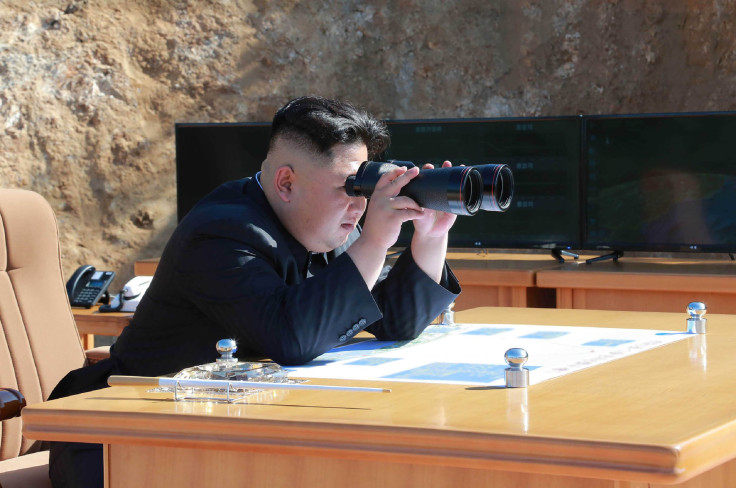North Korea Stands To Lose Billions After United Nations Imposes Sanctions

The U.N. Security Council (UNSC) agreed to impose tougher sanctions on North Korea on Saturday, designed to put economic pressure on Kim Jong Un’s government as a form of punishment for escalating its nuclear and missile programs and threatening the safety of its neighboring countries.
Among others, North Korea is looking at a ban on the export of coal, iron, lead, and seafood products which are estimated to have made the country a profit of over $1 billion last year. The UNSC had restricted the export of coal which is North Korea’s most exported item to $400 million in November from $1.2 billion that it used to make.
North Korea is also estimated to make $295 million from fish and seafood exports, $251 million from iron, and iron ore exports and $113 million from lead and lead ore exports, ABC News reported.
Foreign companies have been banned from investing in North Korean businesses or issue any more permits to additional permits to North Korean laborers.
Read: North Korea Hacking: Neighbors Say Country's Cyber Attacks Target Finances
The U.N. has also blacklisted nine additional North Koreans, who are officials or representatives of companies and banks. It has also frozen the assets of two companies and two banks of the country.
"This resolution is the single largest economic sanctions package ever leveled against the North Korean regime," United Nations Ambassador Nikki Haley said. "This is the most stringent set of sanctions on any country in a generation."
The resolution also prepares to give North Korea a taste of its own medicine as more than half of the population of the country suffers from malnutrition and lack of proper medical care.
"These sanctions will cut deep, and in doing so will give the North Korean leadership a taste of the deprivations they have chosen to inflict on the North Korean people," Haley said. "Revenues aren't going toward feeding its people. Instead, the North Korean regime is literally starving its people and enslaving them in mines and factories in order to fund these illegal missile programs," she added.
Read: North Korea Launches Intercontinental Ballistic Missile Near Japan's Coast
However, Haley said that even after the sanctions are imposed on North Korea, there are no guarantees that Kim would be forced to return to the negotiation table regarding the aggressive missiles program adopted by his country.
"We should not fool ourselves into thinking we have solved the problem — not even close. The threat of an outlaw nuclearized North Korean dictatorship remains ... (and) is rapidly growing more dangerous," Haley told council members after the vote.
Prior to the new sanctions on North Korea, the U.N. had imposed six other rounds of sanctions with similar intentions, but to no avail. The North Korean government continued to improve its ballistic missile and nuclear weapons capabilities, posing a threat to countries across the globe.
Moreover, the U.S. wanted to tie the noose around Kim’s regime tighter as it has asked the UNSC in July to consider limiting the supply of oil to North Korea’s military and weapons programs. It had also asked to impose an additional air and maritime restriction on the country. None of these suggestions were taken up by the council.
Talks of imposing new sanctions started after North Korea tested an intercontinental ballistic missile (ICBM) on July 4, capable of reaching Alaska. China and Russia also agreed to the plan of implementing sanctions when North Korea conducted another round of testing on July 28, Los Angeles Times reported.
Nevertheless, the tougher sanctions passed by the council is being seen as a definite win by President Donald Trump who tweeted out in elation Saturday:
The following is the White house's official statement on the matter:
© Copyright IBTimes 2024. All rights reserved.












